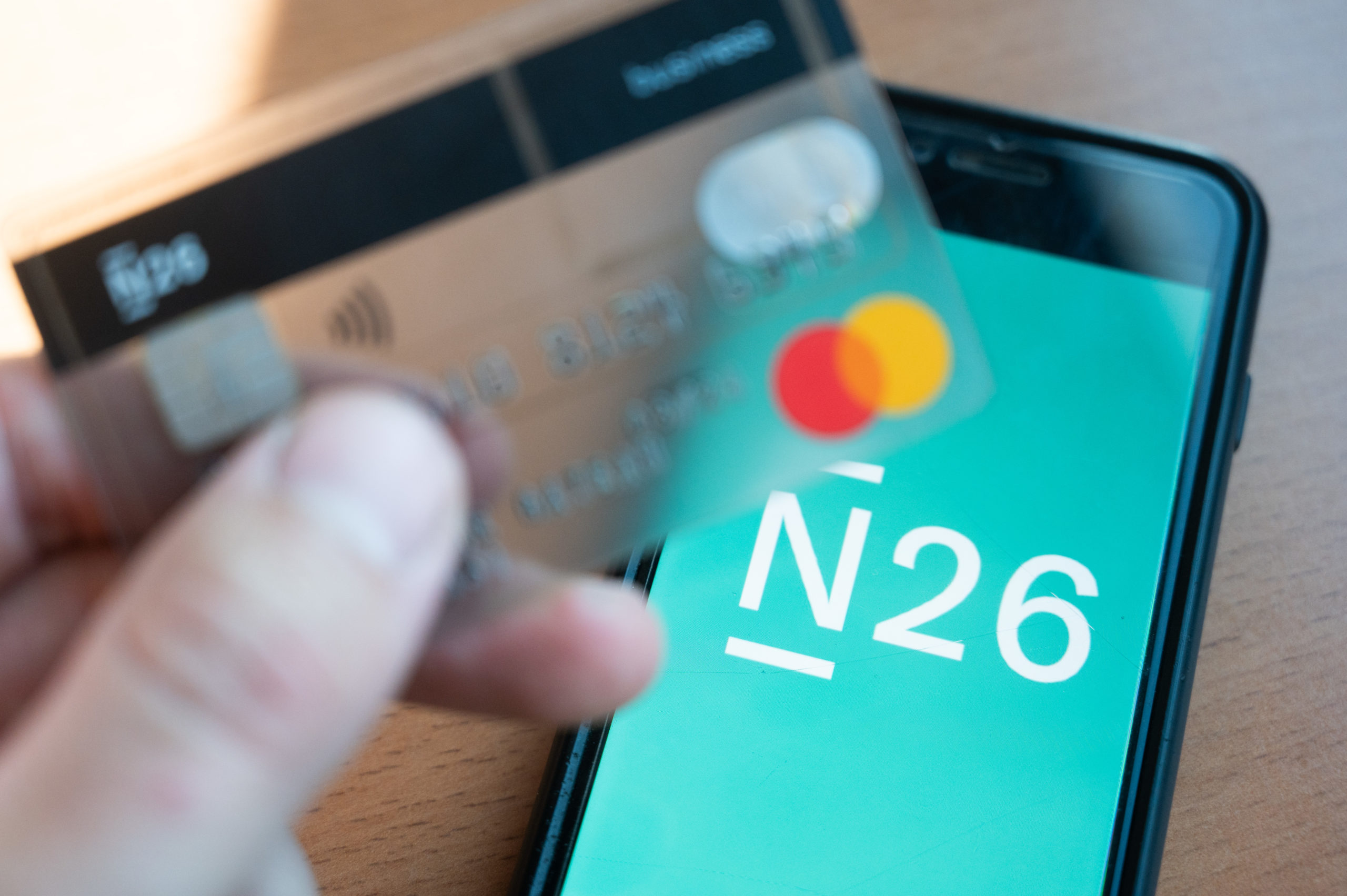The headline previously mentioned is deliberately provocative: certainly by many yardsticks fintech is continuing to explode like no other small business in the earth. Still there’s a solid scenario to frame 2021 as the 12 months that incredibly dominant businesses failed to comprehend their grandest fintech desires. It is theoretically probable, for illustration, that the Fb-led Diem currency will see daylight right before the close of 2021, but provided a cryptocurrency industry valued at around $3 trillion it is tougher with just about every passing day to obtain anybody who thinks Diem will have any affect. Robinhood and Binance, both of which are leaders in their areas, were beset this yr by recurring complex glitches (and in Binance’s circumstance, very major regulatory reprimands across the world). Spain’s large Banco Santander shut down its formidable crossborder transfer platform PagoFX, and of program Google deserted its expansive strategies for Plex.
Now comes information that N26, the quick-growing Berlin-based neobank, is abandoning its operations in the United States. Any person exterior of the firm would have perceived that N26, which launched its to start with products in 2015, was using above the globe. (The name N26 derives from the amount of smaller cubes in a Rubik’s dice.) The app enables buyers to open up a authentic bank account, complete with a debit card, from their telephones. N26 claims 7 million shoppers across 25 international locations. In Oct, N26 raised a beautiful $900 million Sequence E round, valuing it at $9 billion.
Way again in 2019, N26 introduced its US functions with fantastic fanfare and optimism. Some 100,000 clients experienced signed up for a N26 waitlist. Its US banking husband or wife was Axos, one particular of America’s oldest and most celebrated digital banking institutions. Nicolas Kopp, the company’s US CEO, promised American individuals a form of electronic banking paradise:
We’re very energized to bring our experience to US customers….Starting off now, you can sign up completely from your phone in just 5 minutes. There are no account routine maintenance charges or least balances expected. We will eradicate the annoyance of browsing branches, waiting on the cell phone, and paying service fees for simple services that must previously be incorporated. We will increase even extra advantages and features above the summer time.
In August 2020, the organization claimed it experienced amassed just about 500,000 US customers, thanks to its company “designed to not just meet your working day-to-day banking desires, but to make handling your finances personal and delightful.†N26 gave US shoppers most of the bells and whistles affiliated with fashionable individual finance, including cashback benefits and partnerships with suppliers and travel providers.
Guiding the push releases, nevertheless, N26 was almost stagnant. (N26 did not respond to a request for an job interview.) Unquestionably, the COVID pandemic and related lockdowns produced a expansion revolution for electronic banking. In the starting of 2020, for illustration, 4% of Gen Z and millennial Us citizens thought of a digital financial institution to be their key bank by the conclusion of 2020, that variety was 15%. Even if N26 at any time experienced 500,000 lively US customers—which is remarkably doubtful—it acquired buried in 2020 by domestic giants Chime (which at the moment offers some 12 million US shoppers) and Varo (near to 3 million). N26’s original ad campaign in the US was downright strange. It targeted on the term “love,†even although admitting “Love is all the things that bring colour and warmth to your lifestyle, each individual exclusive and particular in its possess way. No issue what you typically associate with this term, it’s most likely not banking.â€
Fintech blogger Jason Mikula argues that N26 lacked any unique characteristics in the crowded US sector, as very well as any concentrate on sector: “By ostensibly remaining for every person, it was also for no 1.†It is also conceivable that a lot more aggressive monetary regulation beneath the Biden administration created the US seem to N26 like a more difficult place to catch fireplace than it was in 2019.
Of system, a person variable that will make fintech so fascinating and impressive is that is solely feasible for a enterprise to develop into a worldwide pressure without the need of being possibly developed in, or specially concentrated on, the United States Brazil’s Nubank and, most likely more debatably, various organizations in China are robust examples. Irrespective, N26’s US retreat is a solid reminder that even the most successful businesses have issues executing on bold strategies. Maybe it’s a timing coincidence, but it truly does seem that 2021 has served up a disproportionate number of this kind of examples, suggesting that global fintech has bumped up from some real-entire world partitions.
James Ledbetter is the Main Content material Officer of Clarim Media, and the editor and publisher of FIN, a e-newsletter about the fintech revolution. He is the former Head of Articles at Sequoia Funds.

